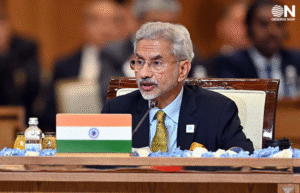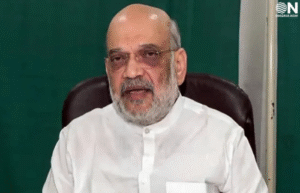Japan Opposes U.S. Tariffs on India and China over Russian Oil Imports

Japan has taken a firm stance against U.S. proposals to impose tariffs on India and China for their continued purchases of Russian oil. Japanese Finance Minister Katsunobu Kato highlighted that it would be “difficult” to raise tariffs solely based on a country’s oil imports, stressing that such actions could conflict with World Trade Organization (WTO) rules. Japan’s position underscores its commitment to multilateral trade norms and non-discriminatory practices among WTO member nations.
The United States had called on its G7 allies to consider imposing secondary tariffs on India and China, arguing that their purchases of Russian crude indirectly support Moscow amid the ongoing conflict in Ukraine. While the U.S. sought measures to limit Russia’s access to energy revenue, Japan has emphasized caution, noting that unilateral tariffs could disrupt global trade and set a complex precedent for international commerce.
Japan has expressed willingness to coordinate with other G7 countries to maintain pressure on Russia, but it insists that any steps must comply with international trade obligations. Minister Kato noted that applying tariffs purely on the basis of import sources could undermine the fairness and predictability of the global trading system. Japan’s position reflects the broader challenge for nations attempting to balance geopolitical objectives with trade commitments, particularly in sectors like energy that are critical to economic stability.
Analysts observe that Japan’s approach signals a careful calibration between supporting international efforts against Russia and safeguarding its own trade interests. By prioritizing adherence to WTO rules, Tokyo aims to ensure that measures against Russia do not inadvertently affect other economies or provoke trade disputes. This development also highlights the differing perspectives among global powers on how best to address geopolitical crises while maintaining orderly trade practices.
Japan’s rejection of U.S. tariff demands reinforces the importance of multilateral dialogue and demonstrates the complexities involved in aligning foreign policy initiatives with global economic regulations.
















